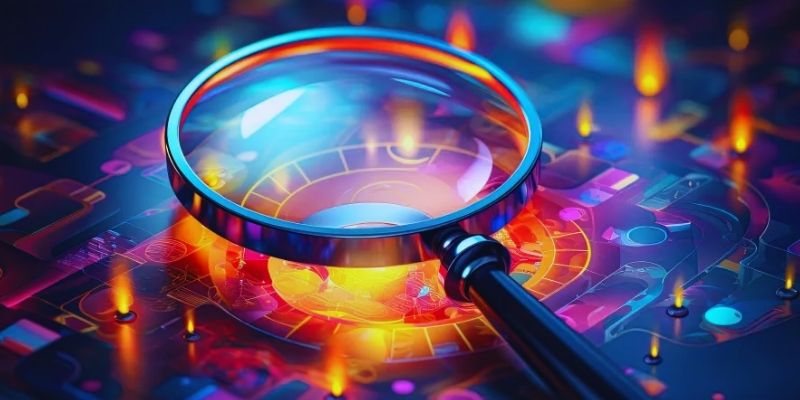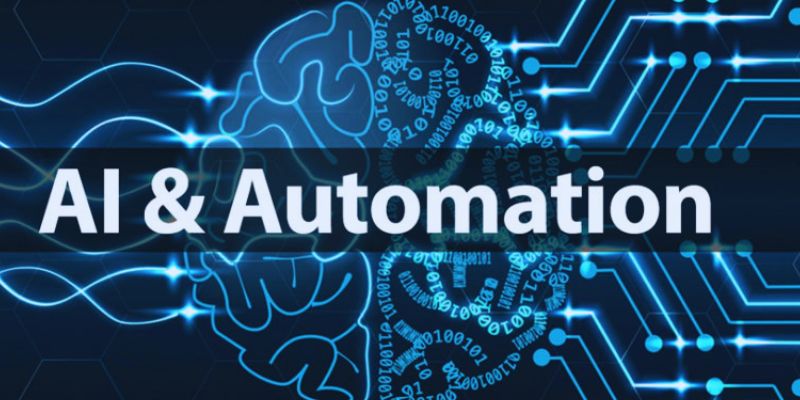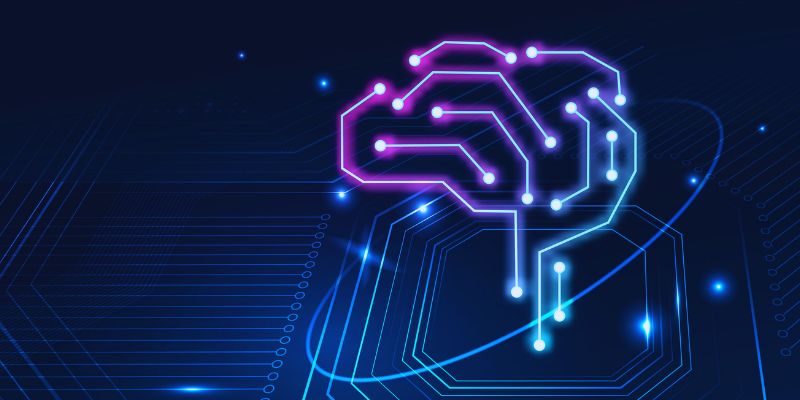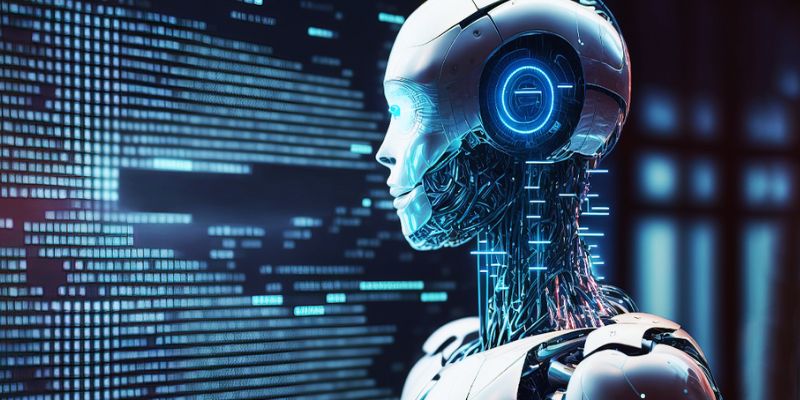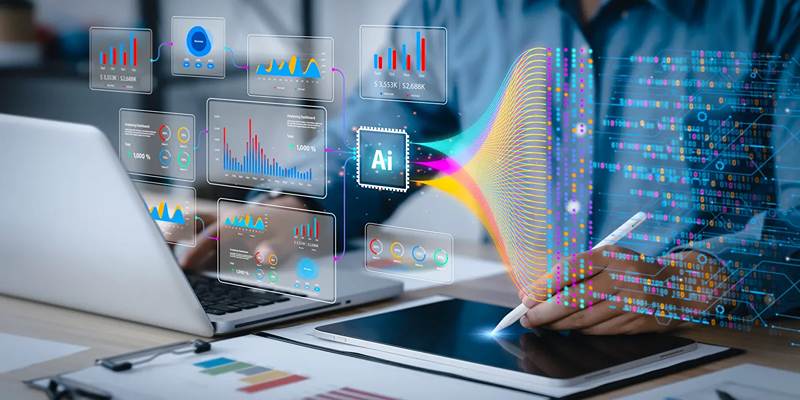Data scientists must know AI agents and autonomous systems as artificial intelligence develops to remain competitive. AI agents are intelligent systems that, by data analysis and condition adaptation, complete tasks autonomously. Autonomous systems further this by running whole operations free from human involvement. Robotics, self-driving cars, and automated industries all use this technology.
Development of machine learning models, data pipeline optimization, and guarantee of decision-making accuracy depend on data scientists. They must also handle system dependability, ethical questions, and data management issues. Mastering these ideas will enable data scientists to design effective artificial intelligence systems running perfectly in practical uses. The basic ideas of AI agents and autonomous systems, their main technologies, and the difficulties they will play in determining the direction of AI-driven automation are discussed in this article.
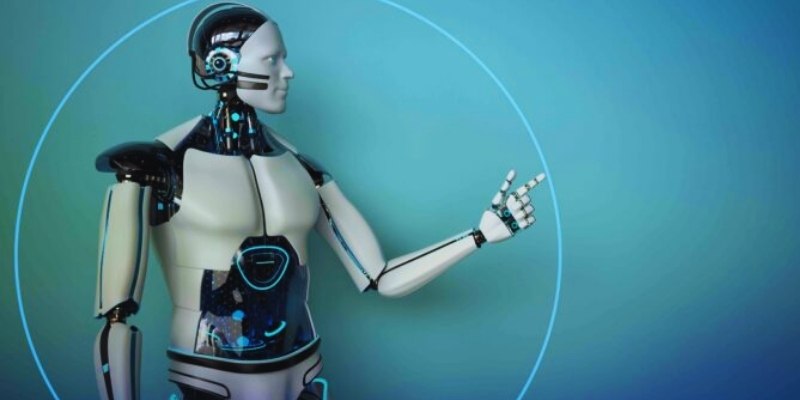
What Are AI Agents and Autonomous Systems?
Using data-driven decision-making, intelligent artificial intelligence agents may complete tasks autonomously. These agents examine data, adjust to changes, and carry out tasks free from human direction. Recommendation engines, virtual assistants, and chatbots all feature them extensively. Their main roles are to process data quickly and react in real-time, helping users. Still, autonomous systems transcend mere job completion. Operating autonomously, these systems manage difficult tasks free from direct human management.
Among examples are automated surveillance systems, industrial robots, and self-driving autos. They depend on sensors, sophisticated algorithms, and ongoing learning to operate in dynamic settings. For data scientists, differentiating between autonomous systems and artificial intelligence agents is vital. Autonomous systems oversee several activities, but artificial intelligence agents concentrate on particular tasks. Both call on knowledge in predictive modeling, real-time data processing, and machine learning to guarantee accuracy and efficiency in practical use.
Key Technologies Behind AI Agents and Autonomous Systems
Each innovative technology fuels artificial intelligence agents and autonomous systems, enhancing their efficiency in different uses. Machine learning, which lets artificial intelligence agents learn from data and raise their performance over time, is fundamental. A subset of machine learning, deep learning, is particularly crucial for jobs requiring high-level abstraction, including image recognition and natural language processing. Reinforcement learning is another essential technology that allows artificial intelligence agents to make decisions depending on rewards and penalties.
Conversely, autonomous systems mostly depend on sensor technology, including LiDAR, cameras, and GPS, to view their surroundings. These systems also run effectively using real-time data processing, control algorithms, and decision-making frameworks. Data scientists must grasp these technologies, from healthcare to transportation, to build, create, and maximize systems that operate successfully and independently across several sectors.
How Data Scientists Contribute to AI Agents and Autonomous Systems?
The development of artificial intelligence agents and autonomous systems depends much on data scientists. They are responsible for creating machine learning models that enable these systems to process and interpret massive volumes of data. They also guarantee that the algorithms driving these systems are best suited for accuracy, speed, and performance. Data scientists must gather, clean, and preprocess pertinent and organized data for the current work.
They also work with engineers to incorporate data-driven insights into physical systems—such as those of autonomous cars or robotics. Testing, validating, and fine-tuning AI models to guarantee they run effortlessly in real-world situations depends critically on their efforts. Data scientists are more important in the AI scene as autonomous technologies develop since they guarantee that AI agents and autonomous systems satisfy the highest criteria of dependability and usefulness.
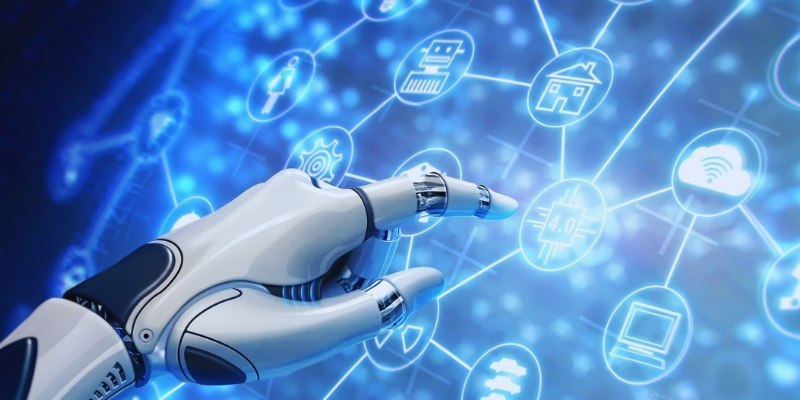
Challenges in Developing AI Agents and Autonomous Systems
Creating autonomous systems and artificial intelligence agents is challenging. One of the main challenges is ensuring these systems can manage the uncertainty of real-world surroundings. Autonomous systems must be able to make judgments based on noisy or partial data, which calls for strong algorithms that can change with the circumstances. If the system is poorly trained, this volatility might cause mistakes or failures.
Integrating artificial intelligence with hardware—such as sensors and actuators— presents still another difficulty. Working closely with engineers, data scientists must ensure the artificial intelligence system interacts effortlessly with the mechanical parts of an autonomous machine. Moreover, ethical issues and safety are rather important. In sensitive activities like healthcare diagnostics or autonomous driving, AI systems must be free from harm and guarantee adherence to ethical standards.
The Role of Data Management in AI and Autonomous Systems:
Constructing and preserving artificial intelligence agents and autonomous systems depends critically on data management. These systems create and process enormous volumes of real-time data that call for effective storage, retrieval, and analysis tools. Data scientists must guarantee that AI systems' employed data is relevant, accurate, and correctly organized. The essential first steps are data cleaning and preprocessing since raw data sometimes includes noise or inconsistencies that could compromise system performance.
Managing data privacy and security is vital, especially when handling private information. Autonomous systems—like those found in transportation or healthcare—have to follow rules controlling data protection. Measures to protect data integrity and stop illegal access have to be carried out by data scientists. Effective data management methods ensure that AI agents and autonomous systems may work quickly and safely, producing accurate and trustworthy outcomes in real-world applications.
Enhancing Performance: Testing and Optimizing AI Agents:
Ensuring the accuracy of artificial intelligence agents and autonomous systems in practical use depends on their testing and optimization. Since these systems operate independently, they must be thoroughly tested to confirm their accuracy in several situations. To evaluate system performance, data scientists create simulations spanning many environments—from controlled conditions to erratic challenges—that simulate different settings.
Optimizing works on improving accuracy, efficiency, and speed using parameter adjustments and algorithm refining. Cross-valuation and hyperparameter tuning are two methods that help to raise model accuracy. Moreover, lifelong learning is essential since it enables artificial intelligence agents to change with the times and fit fresh data. Testing and optimization are constant activities since surroundings and technologies evolve. Autonomous systems need constant upgrades and improvements to manage fresh difficulties and run well. Data scientists guarantee that these systems remain effective flexible, and can make accurate decisions free from human interference by always updating AI models.
Conclusion:
In conclusion, data scientists are crucial in creating AI agents and autonomous systems. Understanding the technology, problems, and ethical issues may create efficient, dependable, and safe systems. As these technologies continue to improve, the job of data scientists will only grow more crucial in influencing the future of AI. Anyone working in the AI industry must master AI agents and autonomous systems to guarantee that these systems benefit society and the economy.
